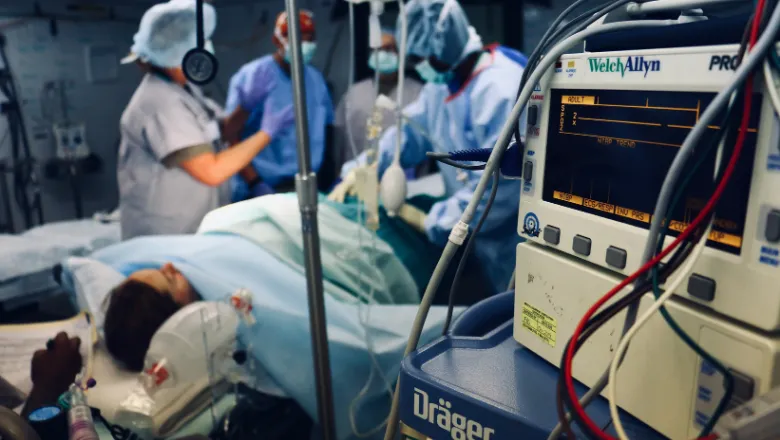
Academic Lead(s):
Dr Michael Robson
The ACF will join the programme at IMT3 level and in year 1 will complete rotations in Internal Medicine. Clinical training from the second year (ST4) onwards will be provided at renal units in a number of hospitals in the region, all providing a full range of renal services. The clinical activities of the ACF will be identical to that of other trainees. No clinical work will be expected during the periods of research. The academic and clinical leads have work closely together to ensure that both aspects of training are coordinated for the benefit of the trainee
The aim of the ACF post is to generate data to support a 3-year fellowship application. The Centre for Nephrology, Transplantation and Urology (CNUT) has a focus on translational research and clinical trials in nephrology and transplantation, as evidenced by the publications and substantial grants listed. Several projects are available for an appointed ACF. These include laboratory projects focused on regulatory T cells or B cells in transplantation (Dorling, Lombardi) or complement in transplantation (Sacks). Laboratory projects may include preclinical models, or analysis of patient samples from clinical trials and observational cohorts which have detailed clinical data. Projects are also available in epidemiology and clinical trials, based around a number of different patient groups, including chronic kidney disease and underserved communities in clinical research (pregnancy, severe mental illness and African ancestry) (Bramham), in addition to lupus nephritis and vascular access for haemodialysis (Robson). Projects could include pilot or feasibility studies for larger clinical trials. An ACF will be able to choose from at least 3 projects. CNUT has close links with statisticians and trials methodologists, and ACFs would be supported to develop a strong project that would lead to a clinical training fellowship application. Overall, projects can be offered the cover a wide range of laboratory and clinical research in renal medicine.
The ACF post will be structured to provide a continuous 6 months of protected research time to develop a 3-year fellowship application. In the months preceding this, the ACF will be encouraged to talk to principal investigators who have offered potential research projects. The first 3 months will be spent, gaining experience and generating preliminary data. The ACF will meet with their supervisor at least weekly. They will be encouraged to attend the available training to develop generic and specific research skills. During the second three months of research, further experience will be gained, and data generated. At this stage, a fellowship application will be written with the help of their supervisor. The fellowship application will be submitted and going through the application process while the ACF returns to a further period of full-time clinical training.
We have always supported flexible working hours and arranged research meetings at mutually agreed times. We encourage development in members of our research teams. This includes learning new skills and to presenting at academic meetings. We actively promote diversity within the research team and participate in reverse mentorship programmes to ensure we are able to support the needs of the whole team, including those from under-represented backgrounds in research.